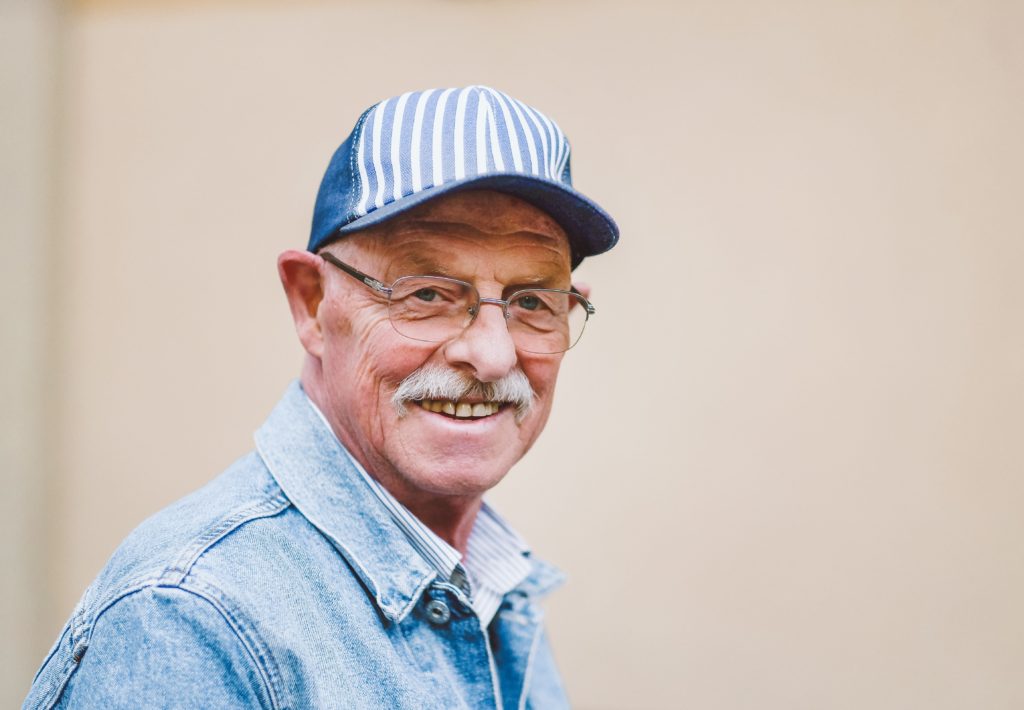
A Life of Meaning
I recently stumbled across the greatness that is The Gulag Archipelago by Alexander Solzhenitsyn. The book is a genius level account of Alexander’s experience in the Soviet Gulag prison labor camps of the 20th century where one of the worst mass murder events in history took place. The book pretty much reframed how history would look at Communism and the type of totalitarian collectivism that starts off as a strategy to accomplish Utopia and eradicate inequality but ultimately results in the death of millions of people.
The book is fantastic, and if you haven’t read it, I’d highly encourage you to do so immediately. Solzhenitsyn won the Nobel prize for Literature in 1970 for the Gulag, and I still believe it’s underrated. It’s that good.
That said, I don’t think it’s his best work.
Earlier this week I finished A Day in the Life of Ivan Denisovich by Solzhenitsyn. A Day in the Life of Ivan is a fiction novel about one day of man that is living in pure hell and manages to have a beautiful day. It’s a story where Ivan is imprisoned in the Soviet Gulag and manages to find meaning and happiness in a world where there is immense suffering.
This book has impacted me in such a way that I literally had an overwhelming feeling of happiness and fulfillment this week from a simple visit the Subway restaurant that I eat lunch at least a couple of times a week. I go to this place all the time, but this week I went and had the best laugh with a man that I see there quite often and the perspective this book gave me made that moment of laughter something significant beyond anything I can really put into words.
You see what we were laughing about was that this man works at Subway and is probably in his late 60’s to early ’70s. Now you might think that someone that is in the twilight of the professional career would have some level of resentment of the fact that they are in a position where they have to work at a fast food place at this stage in their life. You might think that, but this is not the case with this gentleman. Not one bit.
The reason we have become friends during our twice a week sandwich talk is that I love to shoot the shit with people. This guy does too. Every time I come in there, I’m greeted with a “There he is!”, followed up with a “Steak wrap no guac or tuna today?”
This week was a little different though. On this day, when I went in there, I got the same greeting, but it was a bit dialed back by the fact that my friend was dealing with an angry customer at the counter.
It turns out that one of the patrons in front of me had used a coupon for a free Subway cookie and didn’t understand why she had to pay tax on that free cookie. I’m not a tax attorney, and honestly she could have been right, but either way, we’re talking about like $.06 or something like that. Either way, he serviced this angry cookie justice warrior in a purely professional manner, and she went on about her way.
When I got up to pay for my sandwich, he and I shared a laugh at the lady’s expense. Something to the effect of calling the Attorney General for sweets or something off-color like that on my part, but regardless it was based on my amusement of the anger expressed over a free cookie. I have that kind of sense of humor at times.
But what was so impactful to me is how my friend continues to be a shining light of professionalism and customer service at all times. The guy truly loves what he does, and it shows. It’s inspiring stuff to see. So much so that it’s hard for me to articulate.
Taking Pride and Finding Meaning in What You Do, Regardless of What it is
After reading A Day in the Life of Ivan I’ve spent quite some time thinking through the paradoxical similarities between the book and something as simple as my friend at Subway. What is it that drives people to be that way? How can you continue to be that warm and happy when getting yelled at over cookie coupons?
In A Day in the Life of Ivan, you hear how young Ivan resorts to almost meditation as he wakes in the dark and goes to a packed mess hall to eat scraps before being led off to work in a labor camp all day in one of the harshest places on earth. Ivan learned to savor every last bite of old, dry bread while eating in the dark surrounded by hundreds of starving people. He walks through the steps of moving it around in his mouth until it becomes a paste. Basking in every moment of it as he knows he won’t eat again until the cold watery broth they get for dinner is served 14 hours later. He learns this practice from watching others completely devour their bread in seconds and then turn on each other to fight and often kill each other over old food.
Ivan also tells the story of what he calls Meditation of Bricklaying. This is quite simply, the excellent care and effort he puts into laying bricks as a prisoner in a labor camp. Young Ivan is surrounded by people that are so full of misery and suffering that almost everyone around him is going as slow as possible as they know the work will never stop. What’s the point? Why try to work hard as we have no choice? Why care if it’s done right? These are the things that Ivan is surrounded by daily while laying bricks in the walls that surround him.
But Ivan has a different view. Ivan takes pride in the bricks he lays. He narrates his story of working on a specific building to house supplies and how much effort he takes in laying each block. Making sure that every brick is perfectly aligned and centered. Often removing a brick to reset it if it doesn’t reach his standards. This is while he is surrounded by people that are all basically slaves. He’s a slave. All of them looking to Ivan like he’s mad for caring so much.
One night Ivan is close to completing the structure, so he decides to stay later into the freezing Siberian night to finish laying bricks. Risking missing a cup full of cold broth that would be his dinner for the night. Ultimately, this meant he’s risking getting sick and dying or starving to death. He didn’t care. He was working on something that gave him great fulfillment and sense of accomplishment, and he was focused on finishing tonight.
You see what Ivan was describing was finding fulfillment in hell. Meaning for existence that cast an entirely different light on Ivan in the worst of conditions. Much the same as what I envision my friend doing that day while getting yelled at by the Cooking Monster.
A Day in the Life of Ivan is a story about a man having a beautiful day while imprisoned in the Gulag labor camps in Siberia. The real crux of the story for me though was that you can find happiness and fulfillment in life regardless of what you are doing or where you are.
The secret to doing so is to take pride in what you do and discover the meaning in why you do it, even if you have to be creative in doing so.
You must also enjoy the little things like savoring the only piece of bread that you will get all day or sharing a laugh with someone that you enjoy talking to.
The reality is that all of us are going to do something. You can’t just exist and not perform some sort of function. Luckily for Western Civilization, none of us will ever know the hell of the Soviet Gulag like Ivan. But a lot of us may find ourselves in a similar position as my friend at Subway.
The question is, are you going to have the ability to take pride in laying bricks that you have no choice but lay or take pride in serving cookies to people that think they should tax-free and are willing to yell at you about it? Are you going to be the one to be able to step back and savor the only piece of bread you may have for the day or are you going to be one of the people that swallows it whole in seconds only to continue to be hungry and miserable?
Are you going to be one of the people that are so resentful and miserable of having to do labor they hate for people that they hate that they can’t find happiness or meaning in anything?
And maybe the hardest question any of us have to ask of ourselves when it comes to finding meaning in what you do.
What type of pride do you take in the work you do now? Are you laying every brick as precisely as you can, willing to go into the night and risk not eating that night because you are so dedicated to the quality of what you do? Or are you the person looking at Ivan wondering what is wrong with him much like what I wrote about a few months ago in Put Your House in Perfect Order Before You
I think we’d all like to think we are on the feel-good side of these questions but if we’re being honest with ourselves, the truth is that it’s probably not that obvious that we are. Tomorrow, I plan to work a little harder to do just that.
